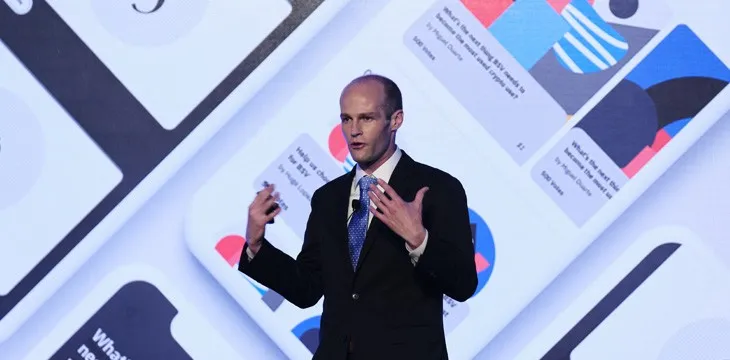|
Getting your Trinity Audio player ready...
|
There has been a lot of information about Paymail being distributed lately and with good reason. Paymail has the ability to completely revolutionize how cryptocurrency transactions are managed, making it much simpler to send and receive currency without having to remember long hash addresses that are cumbersome and could lead to errors at the time of conducting the transaction. It’s only possible with Bitcoin SV (BSV), and although there has been a lot of talk about the system, there hasn’t been much attention paid to how it actually works under the hood. Money Button CEO Ryan X. Charles took some time to provide those details in a new video.
For those who may not be familiar with Paymail, it is a system that allows crypto users to send and receive currency using a name instead of the wallet address—think of it in a similar fashion as how email works. The concept first really came to light during a meeting of the crypto wallet minds this past February, in which developers behind several different BSV wallets, including Money Button, HandCash, Centbee and others, got together to discuss how to make wallets easier and more consistent.
Also at the gathering were representatives from nChain and, when talk turned to how to facilitate transactions, one nChain representative pointed out a solution that he had already been working on and, suddenly, everyone came together to realize that the greatest next step in Bitcoin had just been taken.
BSValias was the initial name given to this innovative naming solution. It was then, through a consensus of the group, changed and Paymail was born. According to the website, Paymail is “a collection of protocols for Bitcoin SV wallets that allow for a set of simplified user experiences to be delivered across all wallets in the ecosystem.”
The system contains several key components that ensure validity and security of the transactions. It allows for the assignment of a public key to a name that can be verified on the blockchain (similar to how a website or email address is correlated to a particular IP address). It also includes the ability to include receiver approval and to create easy-to-use, one-click options that can be integrated into websites, emails, etc. for ease of payments. Just like a hyperlink can be created to automatically generate an email to someone, it is now possible, only through Paymail, to generate a “Payto” hyperlink that would generate a crypto transaction with the sender and recipient data and the amount in a validated message.
Paymail is inarguably a game-changer in the Bitcoin ecosystem—no more bar code scanning or long hash addresses. Instead, a digital currency solution that makes it easy and hassle-free to transact in crypto.

 07-09-2025
07-09-2025 





